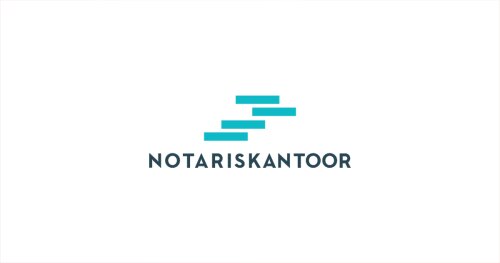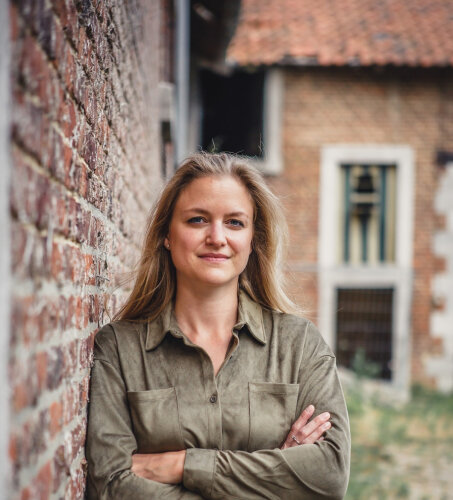Best Child Abuse Lawyers in Gingelom
Share your needs with us, get contacted by law firms.
Free. Takes 2 min.
Free Guide to Hiring a Family Lawyer
List of the best lawyers in Gingelom, Belgium
About Child Abuse Law in Gingelom, Belgium
Child abuse is a serious legal and societal issue in Gingelom, as it is throughout Belgium. The laws protect children from all forms of maltreatment, neglect, physical or psychological harm, sexual abuse, and exploitation. Cases of child abuse can involve harm inflicted by family members, caregivers, or other adults. Authorities in Gingelom, including law enforcement and social services, treat child abuse cases with urgency, and there are strict legal consequences for offenders. The welfare of the child is always given primary consideration, and various organizations work to ensure the safety and protection of minor victims.
Why You May Need a Lawyer
Legal assistance is important in child abuse cases for several reasons. If you are accused of abuse, have been a victim, or are a concerned third party such as a teacher, neighbor, or relative, the situation can quickly become complex. You may need help understanding your legal rights and obligations or navigating the criminal justice system. Lawyers can provide support during investigations, court proceedings, and when interfacing with child welfare agencies. In addition, if child custody or visitation rights are impacted due to accusations or proven abuse, a lawyer can advocate for your interests. Victims and their guardians may need legal representation to ensure their voices are heard and to secure protective measures or compensation.
Local Laws Overview
The Belgian Penal Code contains specific provisions relating to child abuse, including physical, sexual, emotional abuse, and neglect. Gingelom, being subject to both national and Flemish Community legislation, adheres to these rules. Any suspicion or evidence of child abuse must be reported to the competent authorities. The law requires certain professionals, such as teachers, doctors, and social workers, to report suspected abuse. The welfare of the child is paramount in all legal proceedings, and, where necessary, children can be removed from harmful environments. Convictions for child abuse can result in imprisonment, fines, and loss of parental rights. Legislation continues to evolve, with emphasis on prevention, early detection, and rehabilitation of both victims and offenders.
Frequently Asked Questions
What actions are considered child abuse under Belgian law?
Child abuse includes physical violence, emotional maltreatment, sexual abuse, neglect, and exposure to dangerous situations. It covers any act or omission by a caregiver or adult that results in harm to a child.
Who is required to report suspected child abuse in Gingelom?
Professionals such as teachers, doctors, childcare workers, and police are mandated reporters. However, any individual can and should report suspected abuse to the appropriate authorities.
What should I do if I suspect a child is being abused?
You should contact local police or child protection services immediately. Providing as much detail as possible helps authorities act swiftly and effectively.
What happens after child abuse is reported?
Authorities will investigate the claim. This may involve interviews, medical examinations, and possible temporary removal of the child from the harmful environment while the investigation is ongoing.
Can a child testify in court in Gingelom?
Yes, children can testify in court, but there are safeguards in place to protect them during proceedings. Specially trained professionals may be involved to ensure the child’s well-being.
What legal consequences does a perpetrator of child abuse face?
Convictions can lead to imprisonment, fines, loss of parental rights, and inclusion in offender registries. The severity depends on the nature and extent of the abuse.
How are the interests of the child protected during legal proceedings?
Courts and authorities prioritize the child’s needs and safety. A guardian ad litem or legal representative may be appointed to advocate for the child’s best interests.
What support is available for victims of child abuse in Gingelom?
Victims can access psychological counseling, medical care, legal aid, and protection services through governmental agencies and specialized organizations.
Is confidentiality maintained in child abuse cases?
Yes, authorities take measures to protect the privacy of the child and involved parties, particularly when minors are victims or witnesses.
Can accusations of child abuse affect child custody or visitation rights?
Yes, proven or credible allegations can lead to changes in custody or visitation to ensure the child's safety. Courts will act swiftly to prevent further harm.
Additional Resources
For those seeking help or information, several resources are available in Gingelom and the surrounding region. The Vlaamse Gemeenschap (Flemish Community) offers services through the Kind en Gezin agency, which focuses on child welfare and safety. Child Focus is a national center dealing with missing and sexually exploited children. Local Police in Gingelom can assist with urgent cases and reporting. The Public Prosecutor’s office handles legal proceedings, while CAW (Centrum Algemeen Welzijnswerk) supports individuals and families affected by abuse, providing social and psychological services. Free legal advice can be accessed through local legal aid offices.
Next Steps
If you believe a child is in danger or have been accused of abuse, your first step should be to ensure immediate safety by contacting local authorities. Gathering all relevant information and documentation is important. Seek legal assistance as soon as possible to understand your rights, obligations, and the procedures ahead. You can contact a local law office specializing in family and criminal law, or request a referral from the legal aid service. If you are unsure where to turn, reach out to child welfare organizations mentioned above for guidance. Acting quickly and responsibly is crucial in child abuse matters to protect all involved parties, especially the child.
Lawzana helps you find the best lawyers and law firms in Gingelom through a curated and pre-screened list of qualified legal professionals. Our platform offers rankings and detailed profiles of attorneys and law firms, allowing you to compare based on practice areas, including Child Abuse, experience, and client feedback.
Each profile includes a description of the firm's areas of practice, client reviews, team members and partners, year of establishment, spoken languages, office locations, contact information, social media presence, and any published articles or resources. Most firms on our platform speak English and are experienced in both local and international legal matters.
Get a quote from top-rated law firms in Gingelom, Belgium — quickly, securely, and without unnecessary hassle.
Disclaimer:
The information provided on this page is for general informational purposes only and does not constitute legal advice. While we strive to ensure the accuracy and relevance of the content, legal information may change over time, and interpretations of the law can vary. You should always consult with a qualified legal professional for advice specific to your situation.
We disclaim all liability for actions taken or not taken based on the content of this page. If you believe any information is incorrect or outdated, please contact us, and we will review and update it where appropriate.









